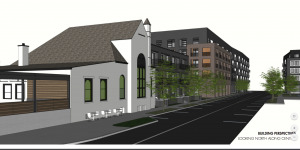
$40M apartment project planned for Herron-Morton Place
The proposed project includes 234 multifamily units in the 2100 block of Central Avenue, along with nearly 12,000 square feet of new or redeveloped commercial space.

The proposed project includes 234 multifamily units in the 2100 block of Central Avenue, along with nearly 12,000 square feet of new or redeveloped commercial space.
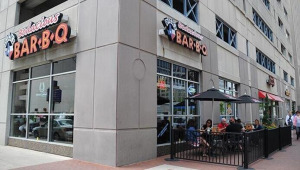
The eatery is the last of 10 Dick’s Bodacious Bar-B-Q restaurants that once operated in central Indiana.

The Ayres clock has been located at that corner since 1936 and was named for the L.S. Ayres department store that occupied the historic building the clock is attached to for most of the 20th century.
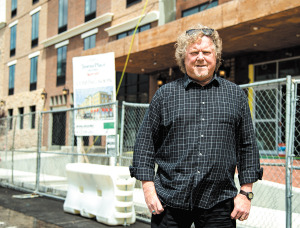
He has a big plan for the south side of downtown, but the plan is ever evolving and it will require hundreds of millions of dollars in investment and large-scale rethinking of development along the Interstate 70 corridor.
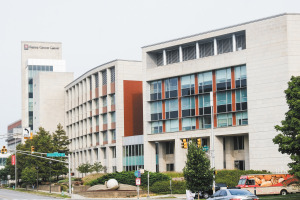
Just 12 years after opening to great fanfare, the future of the $150 million center, a partnership between the Indiana University School of Medicine and Indiana University Health, is full of questions.
The Indiana Amusement Operators Association and the Indiana License Beverage Association said bars and taverns in Marion County are finding it almost impossible to survive due to pandemic restrictions.
Warehouse workers say they’ve been under enormous pressure for months, working extended hours to fulfill a crush of pandemic orders. Now they are preparing for an unprecedented surge in demand, as retailers kick off online holiday sales earlier than ever.
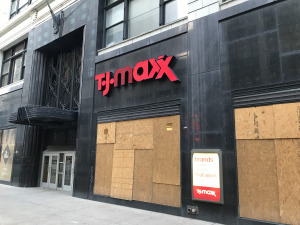
The store on the ground floor of the historic William H. Block Building closed in the spring because of the pandemic. It sustained damage during the riots and looting that took place downtown in late May.
The deal likely would make South Bend-based Bradley Co. the second-largest commercial real estate brokerage in central Indiana.
Called Walmart+, it will cost $98 a year, or $12.95 a month, and give members same-day delivery on 160,000 items and other benefits.
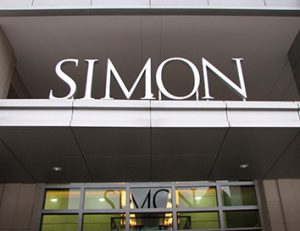
J.C. Penney filed for bankruptcy May 15, part of a wave of already-struggling merchants undone by the pandemic. Simon Property, Brookfield Property Partners and Authentic Brands Group were in talks to buy the retailer.
According to a survey by McKinsey & Co, 46% of shoppers polled in the United States tried new brands or made new purchases with a new retailer.

An architect, interior designer and design-build contractor discuss the sudden shift in priorities for the home, how much projects can cost and how crews get the work done in the middle of a health crisis.
Walmart could make TikTok into an extension of its sales machine, helping advertisers, creators and others sell products.
Active listings have continued to fall throughout 2020, as sellers resist having potential buyers in their homes during a pandemic.
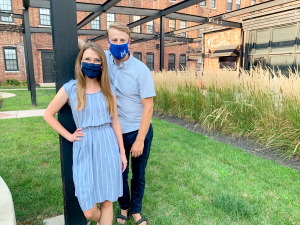
After spending months in virtual lockdown, some homeowners have learned their residences just don’t serve their needs. Or more accurately, the needs of a family in quarantine.

Tall ceilings, large windows and a great balcony attracted Bryan Bisson to a four-story condo on Alabama Street.
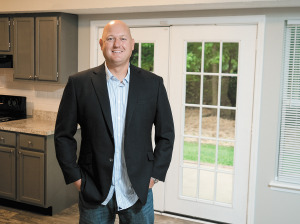
Dennis Nottingham’s Indy Home Pros Team claims the No. 1 spot (again) on the teams list, while Jennil Salazar of RE/MAX Ability Plus repeats for the second year as the top IBJ All-Star solo agent.
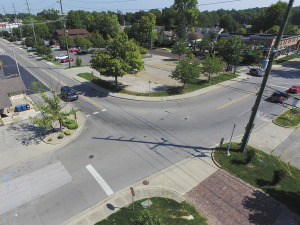
To plan development, mayor is scheduling public-input sessions that will shape a request for proposals the town plans to issue within six months.
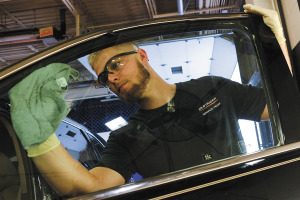
The company says sales are up after an earlier drop-off, and it hasn’t yet seen a spike in delinquencies or defaults among credit-challenged borrowers, who represent its core customers.